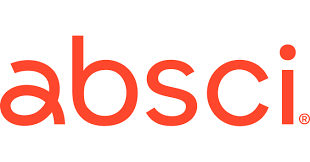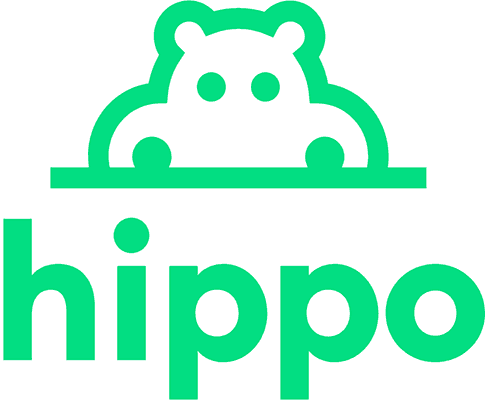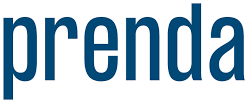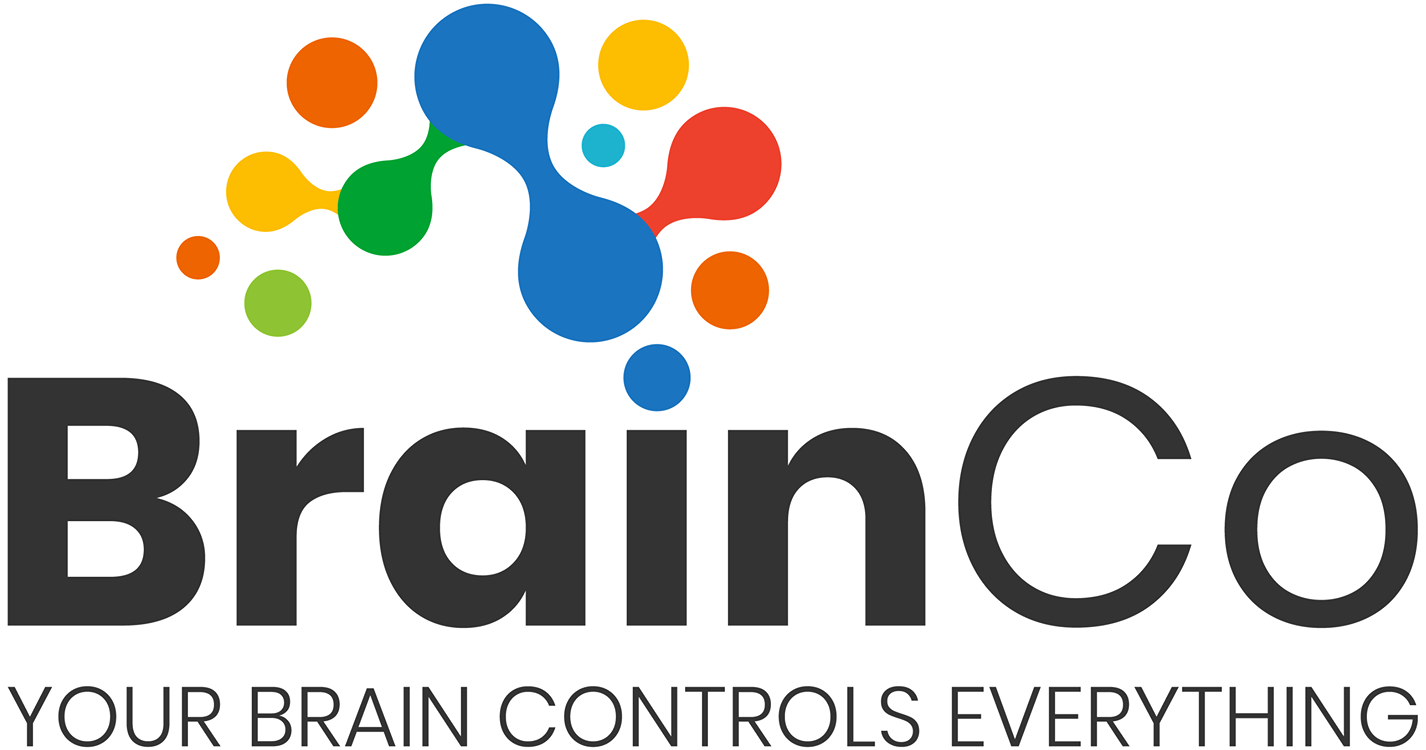





























Improved machine learning model accuracy by 22% through feature engineering and hyperparameter tuning.
Reduced inference time of a natural language processing model by 35% through optimization techniques.
Developed and maintained a comprehensive AI model versioning system for seamless deployment and rollback.
Zara led the development of an AI-powered chatbot for a major healthcare provider. She implemented advanced natural language understanding capabilities to accurately interpret patient queries. The chatbot successfully handled 70% of routine patient inquiries, significantly reducing the workload on human staff.
Increased recommendation system click-through rate by 18% using collaborative filtering techniques.
Achieved a 40% reduction in false positives for a fraud detection system through ensemble learning methods.
Spearheaded the adoption of explainable AI techniques to enhance model interpretability across projects.
Rajesh developed a computer vision system for autonomous inventory management in retail stores. The system uses deep learning to accurately identify and count products on shelves in real-time. It has been deployed in over 50 stores, reducing inventory errors by 85% and improving stock management efficiency.
Developed a speech recognition model with a 95% accuracy rate for a voice-controlled smart home system.
Optimized a reinforcement learning algorithm, resulting in a 30% improvement in decision-making speed for an autonomous robot.
Led workshops on ethical AI development and implemented fairness audits for machine learning models.
Olivia created an AI-driven personalized learning platform for K-12 students. The system adapts to each student’s learning style and pace, providing tailored content and exercises. Early trials showed a 25% improvement in student engagement and a 15% increase in test scores across various subjects.
Reduced energy consumption by 20% in a smart building system using predictive AI models.
Improved sentiment analysis accuracy by 15% for a social media monitoring tool through fine-tuning of BERT models.
Implemented a scalable data pipeline for real-time processing of IoT sensor data using Apache Kafka and Spark.
Marcus developed an AI system for financial market prediction. The system integrates multiple data sources, including news sentiment, economic indicators, and historical price data. It achieved a 12% higher accuracy in short-term market trend predictions compared to traditional statistical models.
Increased customer retention by 25% through the implementation of an AI-driven churn prediction model.
Achieved a 30% reduction in manufacturing defects using a computer vision quality control system.
Pioneered the use of federated learning techniques to enhance data privacy in multi-party machine learning projects.
Aisha designed an AI system for early detection of crop diseases in agriculture. The system uses drone imagery and machine learning to identify potential issues before they become visible to the human eye. Field tests demonstrated a 40% reduction in crop losses and a 20% decrease in pesticide use.
With our extensive candidate network and dynamic team search approach, Redfish recruiters can greatly reduce your time to hire compared to in-house hiring processes.
Redfish recruiters handle every step of the process, including finding talent, screening candidates, scheduling interviews, conducting reference checks, and negotiating the offer, freeing up your in-house HR staff to focus on their other responsibilities.
We form the same in-depth relationships with clients that we establish with candidates, taking the time to fully understand your company and needs and giving each client a single point of contact for all communications.
We understand the roles we recruit for inside and out, whether that’s the technical jargon familiar to engineers and programmers or the skills that make an exceptional sales or marketing hire. When we send along a candidate, you can trust they have what it takes to excel.
With 20+ years in the recruiting industry, Redfish Technology has built an extensive network of connections and candidates, and our reputation precedes us. We’re a recruiting firm top talent wants to work with, giving you access to better talent than you’ll find from other services.



Typically, a degree in Computer Science, Data Science, or a related field. Advanced degrees are common but not always necessary if the candidate has strong practical experience.
Python is the most common, but proficiency in R, Java, or C++ can also be valuable. The choice may depend on your specific project requirements.
Very important. Strong skills in linear algebra, calculus, statistics, and probability are crucial for understanding and implementing AI algorithms.
Familiarity with frameworks like TensorFlow, PyTorch, or Scikit-learn is usually expected. The specific requirements may vary based on your tech stack.
Use coding challenges, algorithm design questions, and discussions about past projects to evaluate their approach to complex problems and ability to optimize solutions.
Yes, experience with big data tools like Hadoop, Spark, or cloud-based data processing services is often valuable for handling large-scale AI applications.
Domain knowledge can be very beneficial, especially in specialized fields like healthcare or finance. However, a capable AI engineer can often adapt to new domains quickly.
Strong communication skills, teamwork ability, and creativity are crucial. AI engineers often need to explain complex concepts to non-technical stakeholders.
Discuss scenarios involving AI ethics, bias in machine learning, and data privacy. Look for candidates who demonstrate thoughtful consideration of these issues.